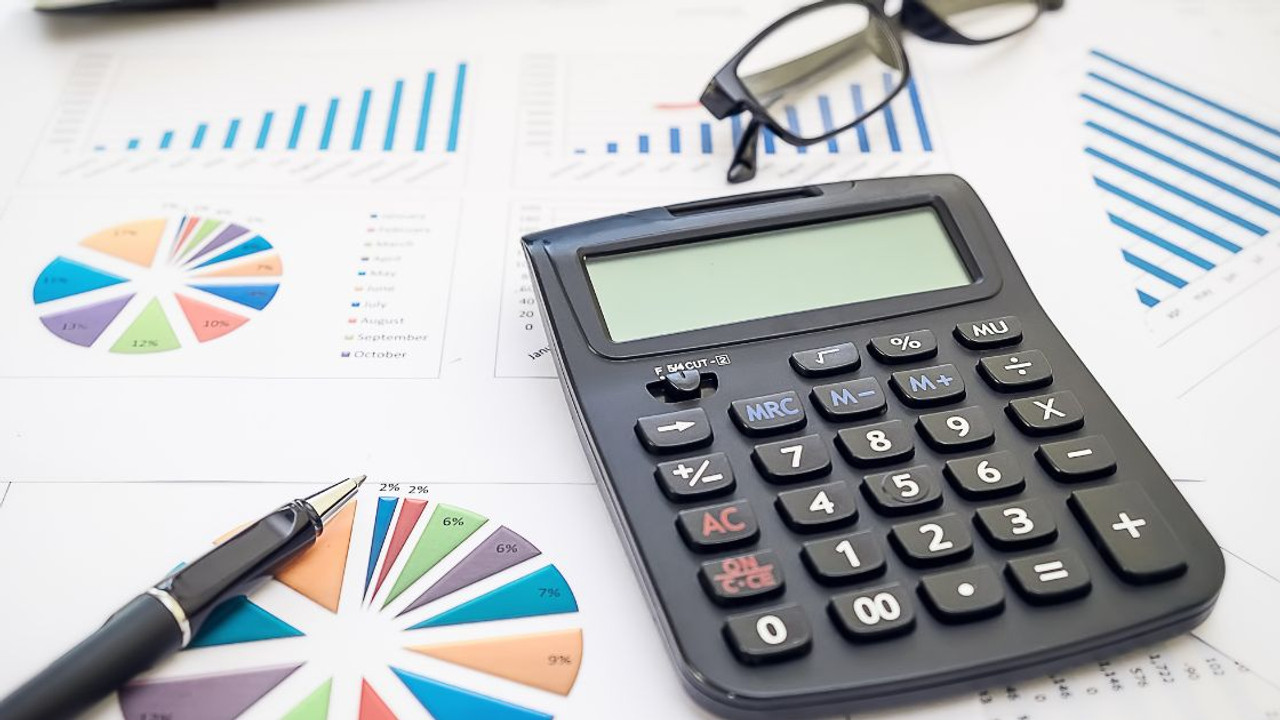Event Budget Considerations for Planners
Here at Hireall.ie, we understand that one of the key elements of event planning is managing a budget. By preparing a detailed budget, you can manage event expenses, measure Return on Investment and track your progress for planning future events.
Whether you’re an event planner or hosting an event of your own, we’ve compiled this helpful checklist of budget considerations that you should keep in mind.

Understand the Types of Expenses Incurred
During the event planning process, you’ll incur costs that are fixed and costs that are variable. The fixed costs (such as the cost of the venue) won’t change, regardless of the size of the event. Variable costs include expenses such as catering (which will depend on guest numbers), advertising and marketing materials.
Outline Your Budget & Key Objectives.
List all expenses that may be incurred, even costs that may appear trivial. To help you understand the areas that require the most/least spend, you may wish to categorise and subcategorise items, e.g., venue hire, decorations, etc. This can also be helpful for providing clarity on any gaps/oversights that may have been missed. List the absolute must-have, non-negotiable elements of the event to ensure that the vision for the event is closely followed. Also consider key factors and goals such as; is it important that the event makes a profit? Are there core values to meet (eg sustainability)? and more.
Estimate Your Budget Based on Research and Quotes:
Thorough research is key for efficient budget management. At this stage, planners should contact the relevant suppliers to obtain multiple quotes for each service or product required for the event. By doing so, you’ll encourage competitive pricing and open the opportunity to negotiate.
Speaking of competitive pricing, here at Hireall.ie, as event hire specialists, we hire everything from Event Furniture to Catering Equipment and so much more at affordable prices, and we’re proud to be the first port of call for many events.
Always Have a Contingency Fund in Place:
It is recommended that you allocate part of your budget as a contingency fund in the event of any unexpected costs that may arise. The figure will depend on the scale of the event, however, a good contingency fund should anywhere between 15-25% of the budget to ensure that the event can proceed in the event of any setbacks.
Continually Update Your Budget Sheet
Budgeting will be a work in progress throughout the event planning journey. It’s critical to continually and routinely monitor expenses against the budget in order to make any necessary adjustments.
Keep Communication Open & Honest with Clients:
Keep the lines of communication with clients open and transparent regarding budgeting. To keep your client(s) informed, present your budget breakdown in detail and flag any additional expenses.
Measuring
Post-event, it’s time to analyse. Did the event meet its objectives? What was the ROI and can you compare with previous events? This is also a good opportunity to take learnings for future budgets. This brings us to our next point…
Retain Previous Budgets
Ensure you keep previous budgets from past events. This will help you to take learnings and identify good decisions and what can be improved on in the future.
Adding these budget considerations to your planning process will help you to understand the financial aspects of event planning and provide a thorough and efficient service.

The Hireall team have over fifty years unrivalled expertise, and we’re proud to offer Click & Collect or Next Day Delivery to our customers.
Have a question? Contact Us at 01 295 3821 or info@hireall.ie, where our dedicated team will be delighted to assist you with any queries you may have. Hireall - The Event Hire Specialists.


